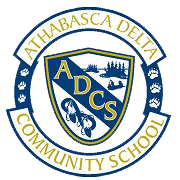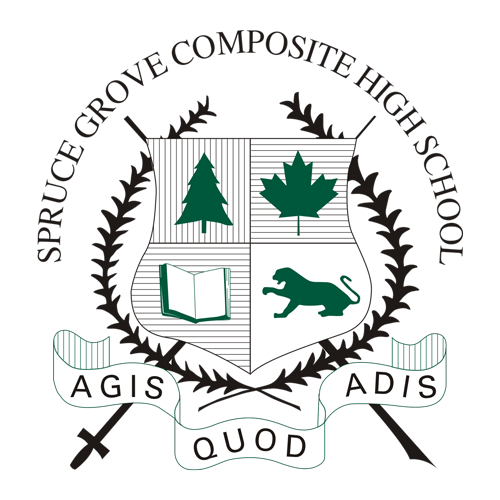AP 150: Treaty Acknowledgment Protocol
Administration of Policy and Legislation
Background
The Superintendent recognizes the historical significance and contributions of Canada’s Indigenous Peoples and their cultures and understands the important role that the Indigenous communities play today and in the future. Division staff and students shall demonstrate the importance of honoring Indigenous Canadian commemorative awareness days, weeks and months. These awareness events are opportunities for all Canadians to recognize and celebrate the unique heritage, diverse cultures and outstanding contributions of First Nations, Inuit and Métis peoples, whom the Canadian Constitution recognizes as Indigenous Peoples.
The Division additionally recognizes the importance of honouring and acknowledging both Treaty 6 Territory and Treaty 8 Territory as we work towards strengthening relations and building bridges with our neighbouring Indigenous communities.
The Superintendent expects all staff to acknowledge and respect all of the 47 different First Nations that are represented across Alberta.
Definitions
a) Traditional Treaty 6 Territory: Shall refer to a designated location within Alberta that has historically served, and continues to serve, as a traditional meeting ground, gathering place, and travel route for the Cree, Saulteaux, Blackfoot, Assiniboine, Stoney, Métis, Dene, and Nakota Sioux peoples.
b) Traditional Treaty 8 Territory: shall refer to a designated location within Alberta that has historically served, and continues to serve, as a traditional meeting grounds, gathering places and travel route for the Cree, Dene, and Métis.
Procedures
1. Division staff and students shall demonstrate recognition for special Indigenous days, weeks and/or months; notably:
1.1. National Day for Truth and Reconciliation: September 30th;
1.2. Orange Shirt Day: September 29th;
1.3. Indigenous Veterans’ Day: November 8th;
1.4. Louis Riel Day: November 16th;
1.5. Métis Awareness Week: The week of November 16th;
1.6. National Indigenous History Month: June;
1.7. National Indigenous Peoples Day: June 21st.
2. The Superintendent, or designate, shall identify alternate days and weeks, when the days and weeks in S.1 (above) conflict with calendar holidays or weekends.
Regarding ongoing Acknowledgment:
3. Any Acknowledgment shall be thoughtfully prepared, and spoken so as to evoke an awareness of Indigenous presence and land rights in everyday life.
4. Preparation of an Acknowledgment may require a thoughtful consideration of any or all of the following:
4.1. Why an Acknowledgment needs to happen;
4.2. How the Acknowledgment relates to the event or work you are doing;
4.3. The history of the Territory and the impacts of colonialism in the Territory;
4.4. The individual relationship to the Territory, and how the speaker came to be here; and
4.5. Individual and organizational efforts to advance Truth and Reconciliation commitments.
5. Division Staff shall acknowledge both Treaty 6 Territory and Treaty 8 Territory with appropriate Treaty Acknowledgment Statements at all board meetings and hosted public and/or community events and gatherings as deemed prudent to do so; specifically, at those events where the National Anthem is played.
6. As determined by location, administrators and school staff shall acknowledge either Treaty 6 Territory or Treaty 8 Territory with an appropriate Treaty Acknowledgment Statement at significant school and/or community special events, celebrations and gatherings as deemed prudent to do so; specifically, at those events where the National Anthem is played.
7. The acknowledgement needs to be made at any appropriate time during the Opening Remarks.
8. Treaty Acknowledgement shall appropriately reference:
8.1. The history of First Nations, Métis and Inuit people;
8.2. The ancestral land of Treaty 6 and/or Treaty 8 Territories;
8.3. Our Treaty 6 neighboring Nations, including:
8.3.1. The Paul First Nation,
8.3.2. The Enoch Cree Nation,
8.3.3. The Alexis Nakota Sioux Nation, and
8.3.4. The Alexander Cree Nation; and/or
8.4. Our Treaty 8 neighboring Nations, including:
8.4.1. The Athabasca Chipewyan First Nation,
8.4.2. The Fort Chipewyan Métis, and
8.4.3. The Mikisew Cree First Nation.
9. Immediately following the Treaty Acknowledgment, special recognition shall be provided to any Elders who are in attendance, as identified in Administrative Procedure 155: Event and Visit Protocol.























